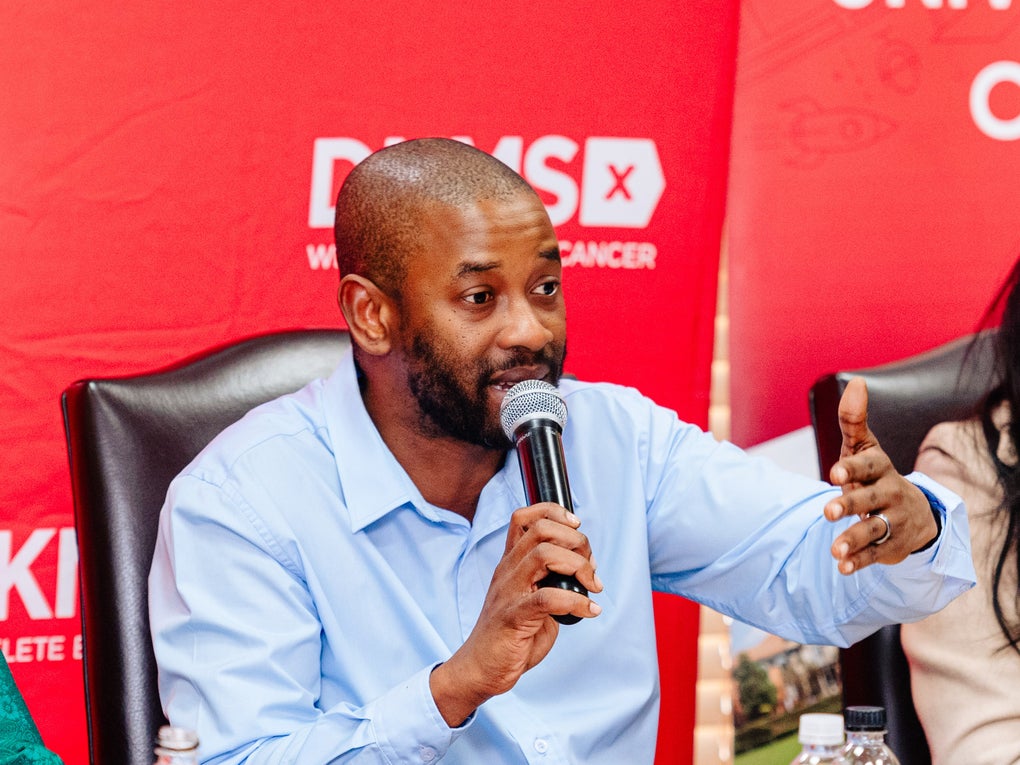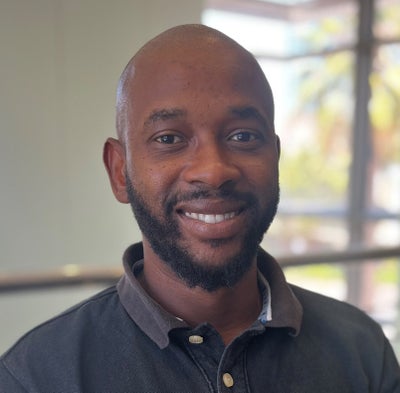
More men needed to become blood stem cell donors
Blood stem cell donations are often the only chance of survival for people living with the disease, with women making up 60% of registered donors on the global registry as opposed to men who make up only 18%. In light of Men’s Health Month, DKMS Africa is appealing to all men to register as stem cell donors and play their part in deleting blood cancer.

Patient Services and Donor Recruitment Manager, Xolani Hlongwane echoes two recent studies which revealed that women rated themselves higher in empathy than men, saying that this is reflected in his work on the ground. “Women have more of an emotional connection when they hear about other people’s afflictions, be it men, women or children.” “We find that men need more facts and stats,” he points out. “They want to know how long the procedure takes and what will be done with their DNA, for example. There is a logical process that they need to understand. So, when it comes to recruiting people to become blood stem cell donors, there can’t be a one-size-fits-all approach.”
Tumi Sole, a Corporate Attorney and founder of #CountryDuty - a social movement founded to empower South Africans to be more action-oriented in relation to matters that affect the country and communities we live in – says that statistics reveal that women between the ages of 17 and 34 are almost twice as likely to become donors than men the same age. “More importantly, young men make up most long-term blood donors as they’re likely to have more iron which means that they can donate more regularly than women.” “To recruit men to register as donors I believe that it is vital to raise awareness around the blood stem cell donation process,” he adds. “Most men fear needles so educating them against various myths associated with blood donations may change the narrative. I also urge celebrity figures that these men identify with, to be in the forefront of such important initiatives.
Hlongwane says that contrary to widespread belief, donating stem cells is a completely non-invasive procedure. “If you are a successful match, the process of donating blood stem cells is painless, much like donating blood platelets.”
“Men need to have a better understanding of how much they are needed to support our cause. Not only do they produce more stem cells due to their genetic and hormone makeup. They are also more likely to be available to donate since women can’t do so during pregnancy and for at least six months after childbirth,” adds Hlongwane.
In over 90% of cases, he explains that stem cells are taken from the bloodstream. “This procedure does not require anaesthetic or admission to hospital. During the collection, blood will be drawn from one vein and passed through a machine that collects the stem cells, before the rest of the blood is returned into the body through the other arm. It is normally completed within four to six hours, and although there are needles involved, these few hours of your time can save someone’s life.”
Anyone who is in good health and is between the ages of 17 and 55 is eligible to register as a potential donor on the DKMS Africa website. “When the kit arrives, you will need to swab the inside of your mouth and cheeks, and a courier will collect the kit from you within five days. The swabs will then be analysed to determine your HLA (Human Leukocyte Antigens) characteristics. Once your samples have been analysed, you will be added to the registry to be available for patients searching for a donor” explains Hlongwane
“We urge all South African men to register to become stem cell donors and to continue this conversation with their peers. People living with blood cancers and disorders need you, and we need you, before it’s too late,” he concludes.
To register, please sign up at: https://www.dkms-africa.org/register-now. For more information, contact DKMS Africa on 0800 12 10 82.